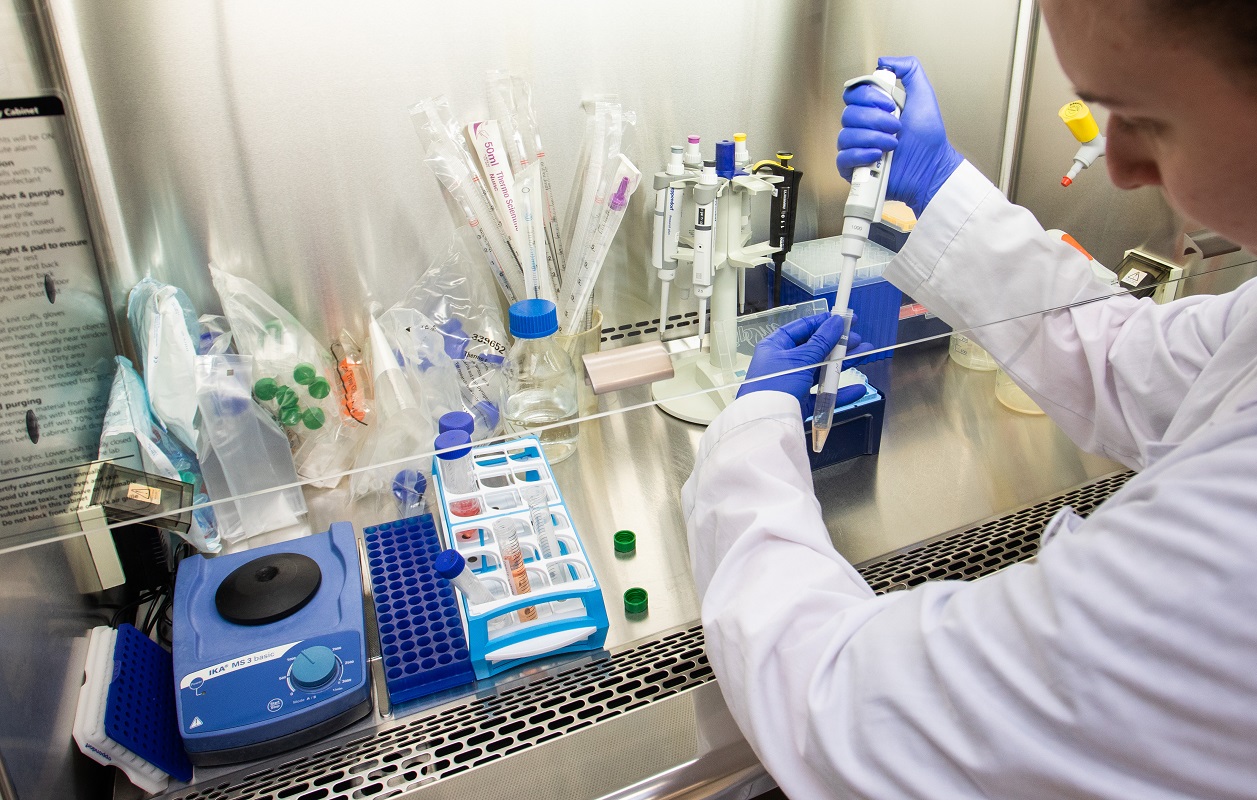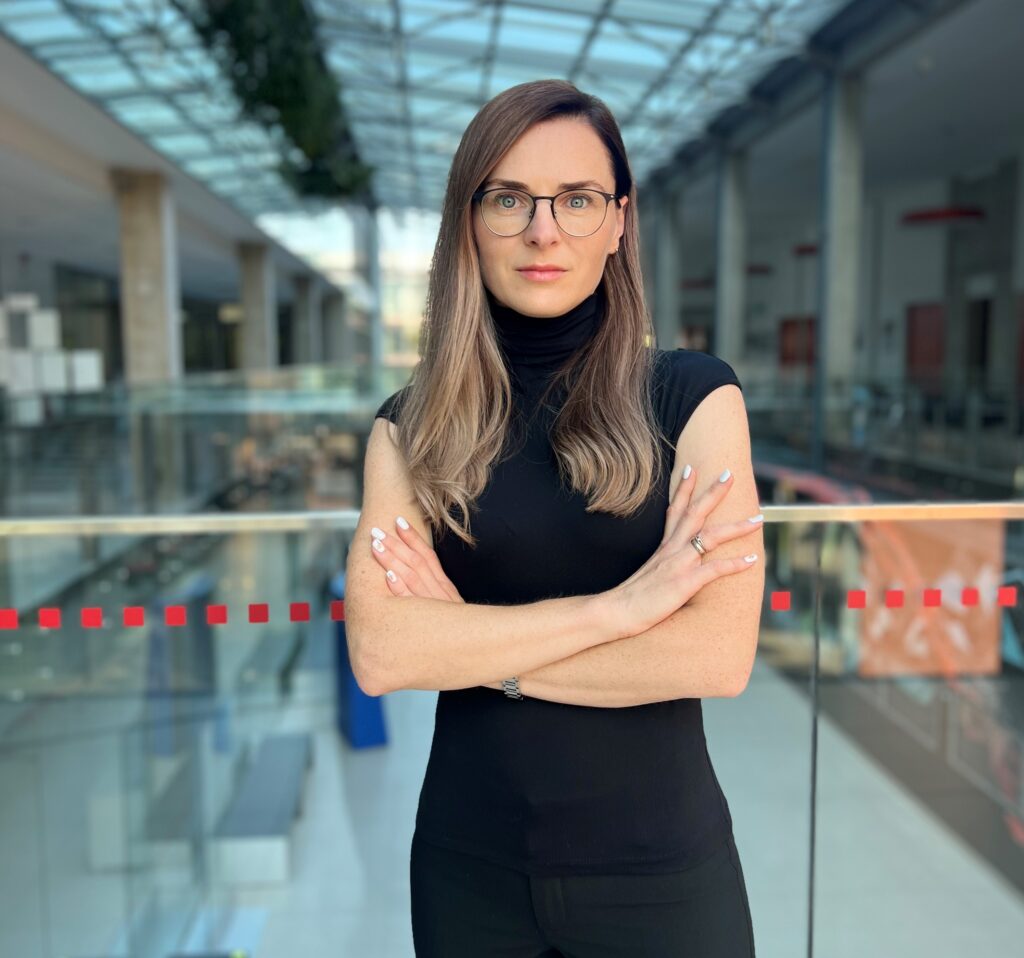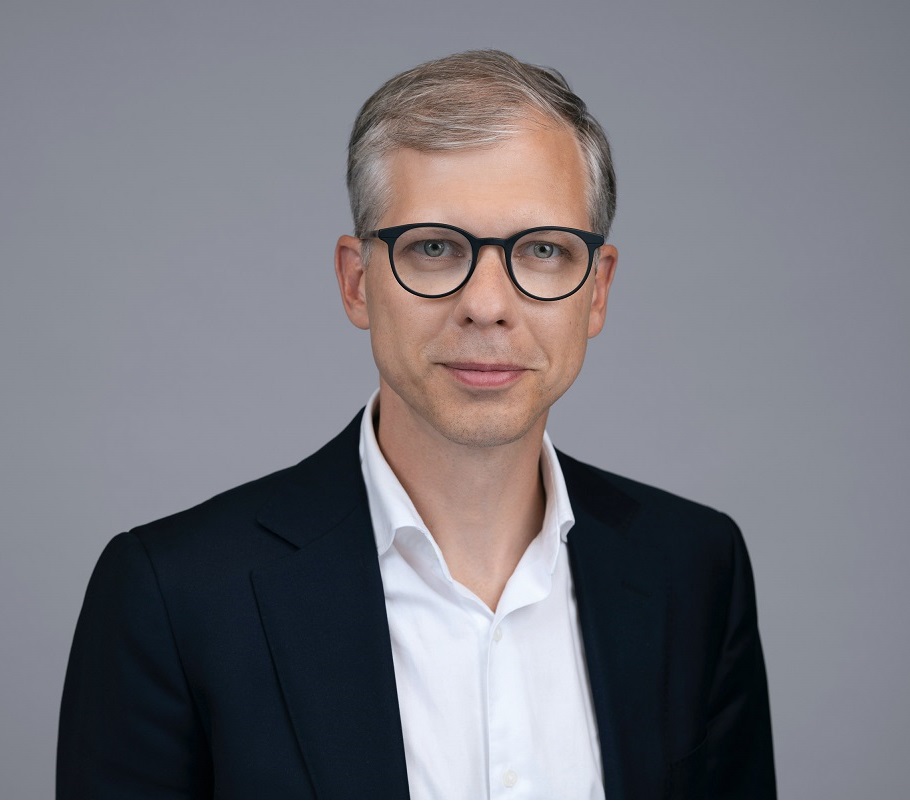Lithuanian Researchers Achieving Breakthrough in Gut Microbiome Research

Gut microbiome research is currently recognised globally as one of the most promising directions in applied biomedical science, transforming modern diagnostics and treatment approaches. Recent scientific research in gut microbiome conducted at the Institute for Digestive Research and Department of Gastroenterology of the Lithuanian University of Health Sciences (LSMU) have gained significant recognition both nationally and internationally.
The microbiome, a collection of bacteria, fungi, viruses, and other microscopic organisms, is characterised by a profound impact on human health and a range of pathological conditions.
Latest Discoveries Applied in Patient Care
Microbiome-based therapies are paving their way into clinical practice. Findings from recent LSMU research are already being applied in patient care. For instance, microbiome transplantation has been utilised at Kauno klinikos, the hospital of the Lithuanian University of Health Sciences, to treat infectious gut diseases. Gut microbiome studies are also highly promising in the treatment of oncological and autoimmune diseases. LSMU researchers are conducting numerous studies and clinical trials in these fields.

The importance and progress of these research studies are highlighted by recent significant recognition and increased engagement in international projects. Professor Juozas Kupčinskas, head of the Department of Gastroenterology at Kaunas Kauno klinikos and member of the working group working on the development of the global clinical guidelines in microbiome transplantation, was elected General Secretary of the European Helicobacter and Microbiota Study Group in 2023.
In the period 2022 to 2024, a team of LSMU researchers, led by Professor Kupčinskas and molecular biologist Professor Jurgita Skiecevičienė, secured funding from seven projects under the European Commission’s Horizon Europe and EU4Health programmes, amounting to over €3.5 million. The group has also conducted a series of commissioned research for research groups at universities as well as for pharmaceutical and biotechnology companies in Lithuania and abroad.
Prestigious Horizon Europe Projects and Awards
In 2022, the LSMU team was honoured with the Lithuanian Science Prize. Notably, Professor Skiecevičienė (2019) and Dr. Greta Varkalaitė (2024) became the awardees in UNESCO’s For Women in Science competition.
In 2023, the research team under Professor Kupčinskas’ leadership launched the international microbiome modification project Donate, funded by the European Commission.
Recent two years have been marked by outstanding achievements in the area of research in gut organoids and the microbiome. Project MiGut-Health co-coordinated by Professor J. Skiecevičienė funded under the Horizon Europe framework aims to identify microbiome changes in inflammatory bowel diseases. These studies laid the groundwork for another project – PerPrev-CID – funded under the Horizon Europe in 2024. LSMU researchers will study the changes in microbiome prior to the onset of inflammatory bowel diseases.
The integration of microbiome research into artificial intelligence (AI) tools to enhance disease diagnosis and treatment has already started. One flagship initiative by the LSMU researchers is the Horizon Europe project AIDA (Artificially Intelligent Diagnostic Assistant for Gastric Inflammation), which seeks to incorporate microbiome sequencing data into an AI platform for early gastric cancer detection.
Expanding Opportunities Through International Collaboration
Collaboration between Lithuanian and German researchers plays a crucial role in advancing microbiome studies. Professor Kupčinskas highlights a longstanding collaboration with its partner, the Institute of Clinical and Molecular Biology at Kiel University, whose researchers – Professor Stefan Schreiber, Professor Andre Franke, and Professor Philip Rosenstiel – are globally recognised leaders in translational medicine in Europe.
Both institutions have participated in joint Horizon Europe projects and fellowship programmes, including fellowship by the medical doctors of Kaunas klinikos at the Hospital of Kiel University in innovative treatments such as microbiome transplantation.
Professor Juozas Kupčinskas, Head of the LSMU Institute for Digestive Research, is optimistic about the potential for Lithuania to lead the region in microbiome research and collaboration with business.
Future Projects for Disease Prevention

“Our projects have secured significant European Commission funding, and we continue to develop numerous partnerships with biomedical companies in Lithuania and abroad. I believe Lithuania has an excellent opportunity to become a leader in scientific and applied research in microbiome,” said Professor Juozas Kupčinskas.
He attributes the success to robust international networking and a highly skilled interdisciplinary team led by Professor J. Skiecevičienė and him comprising gastroenterologists, oncologists, surgeons, biologists, chemists, bioinformaticians, and other specialists.
Looking ahead, Professor Juozas Kupčinskas notes: “We have already initiated more research studies in microbiome expanding into other medical fields, including paediatrics, ophthalmology, neurology, and lung cancer. Our promising research efforts continue, and we anticipate achieving even greater results in the future.”
